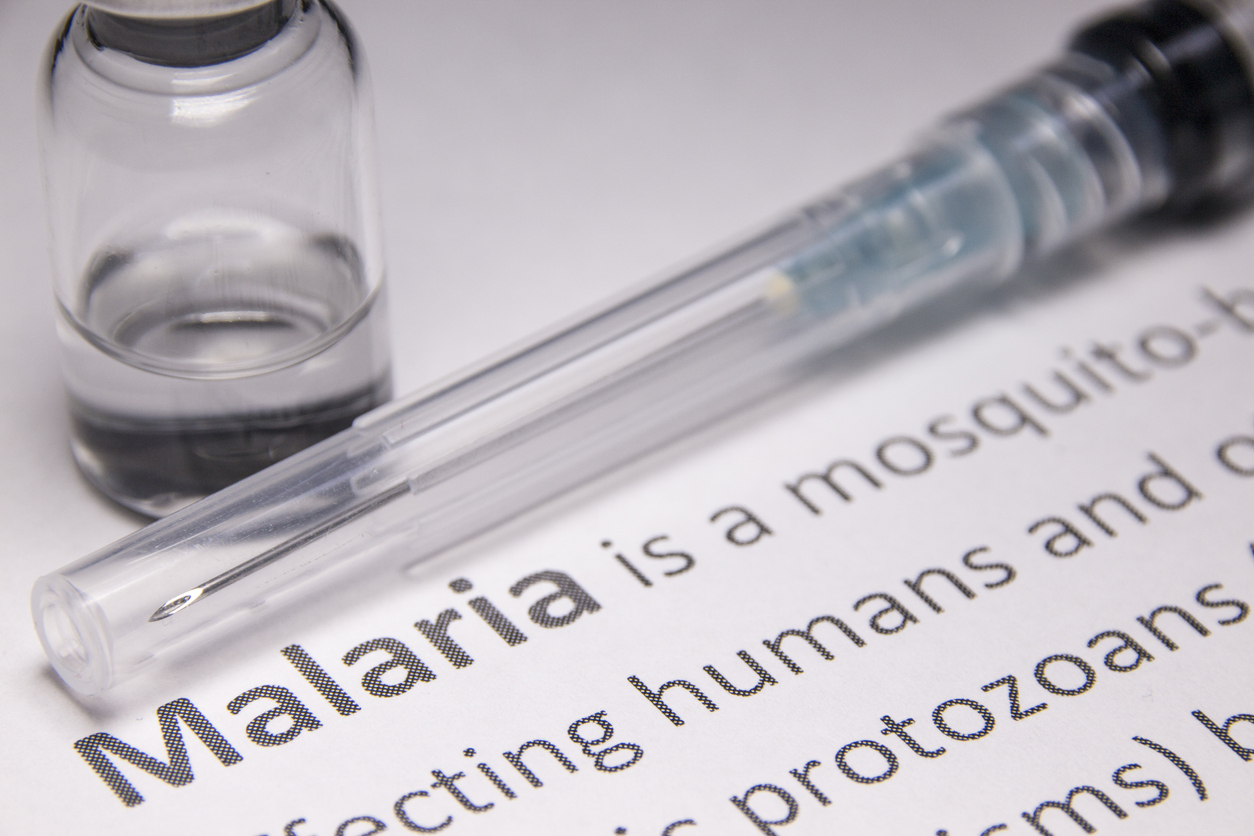Amid current circumstances, it’s easy to overlook that all the infectious diseases in the world prior to the pandemic are still out there. According to Chief Medical Officer, Dr. Siegart, “Malaria continues to be an important topic in travel health and is one of the most severe worldwide public health problems in the world today. It is transmitted in approximately 100 countries and occurs throughout most of the tropical regions of the world. The risk to a traveler depends on the geographic area visited, exposure to mosquitos, and preventative measures taken.” Learn more about malaria with this Q+A with On Call’s Chief Medical Officer, Dr. Siegart.

What is malaria and how is it transmitted?
Dr. Siegart: Malaria is a protozoan parasitic disease transmitted by the bite of an infected mosquito. Specifically, it is the Anopheles mosquito. The parasite genus is termed Plasmodium of which there are six species. P. falciparum and P. Vivax are the more common. The incubation period depends on the species and ranges from 7 to 35 days.
What factors increase the risk of malaria transmission?
Dr. Siegart: The risk of malaria transmission depends on several factors including the geographic region visited, the type of traveler and what their potential exposure to mosquitoes is. For example, the type of accommodation is of import. Is it open air, tented, air-conditioned, or screened? The season can play a role; rainy versus dry. Also, the elevation and duration of exposure are considerations. Avoidance, barriers, repellents, and chemoprophylaxis all play a role.
Who is at increased risk of contracting malaria?
Dr. Siegart: Any individual who is not immune from prior infection or taking efficacious chemoprophylaxis may contract malaria if bitten by an infected mosquito. Children in endemic regions are at particular risk. Pregnancy is a risk factor due to decreased immunity in the first and second trimesters. Pregnant women are at risk for anemia and low birthweight newborns. Travelers to sub-Saharan Africa and Oceania where there is very high transmission are at increased risk. West Africa transmission is heightened and present year-round.
Is malaria fatal?
Dr. Siegart: Malaria is potentially fatal. Poor outcomes, including death, are most prevalent with advanced age. When treated correctly and promptly the mortality rate is extremely low.
What are the symptoms of malaria?
Dr. Siegart: Malaria is a very common cause of fever in tropical countries. The initial symptoms are usually nonspecific and shared with those of a viral illness. Lack of overall well-being, headache, fatigue, abdominal discomfort, and muscle aches followed by fever are common. Cyclical fever spikes, chills, and rigors can occur with certain Plasmodium species. Note: Acute onset of fever may not be secondary to COVID-19. For this reason, it is important to obtain a proper medical evaluation when falling ill in order to receive appropriate and prompt care.
Is malaria contagious?
Dr. Siegart: Malaria transmission is complicated and fascinating. The following is a simplified explanation of the process. Infection begins when a female anopheline mosquito inoculates a person with plasmodial sporozoites while it feeds on their blood. These sporozoites are motile parasites that travel to the liver where they invade the liver cells. There they multiply. Eventually, the swollen, infected liver cells burst and release merozoites into the bloodstream. The merozoites invade the red blood cells where multiply, consume hemoglobin, and become trophozoites. The red blood cells eventually rupture. A mosquito feeding on a person in this stage may now become infected and eventually pass it on to another human being. Malaria can only be spread from person to person by blood transfusion, needle stick injury, sharing of needles, or organ transplantation.
How is malaria diagnosed and treated?
Dr. Siegart: Malaria is diagnosed through blood testing. Treatment is with several different medications, sometimes in combination depending on the type/species of Malaria and severity. Chloroquine is often utilized for non-falciparum types. Given the increasing demand of chloroquine for COVID-19 treatment, availability may be limited. However, there are other effective medications available. Chloroquine resistance is prevalent, particularly with P. falciparum and P. Vivax that mandates alternative treatment.
How is malaria prevented?
Dr. Siegart: Specific malaria prevention interventions should always be used by travelers. First, travelers should research the countries they plan to visit and find out the risk for malaria in each destination. If risks are present, they should visit their doctor or travel medicine specialist four to six weeks before their planned departure to determine which medication options are best. There are several antimalarial drugs available. Some medications take weeks to become effective, but there are also options for those traveling last minute.
For over 25 years, On Call International has provided fully-customized travel risk management and global assistance services protecting millions of travelers, their families, and their organizations. Contact us today and watch our video to learn more. You can also stay in touch with On Call’s in-house risk management, travel health and security experts by signing up for our quarterly Travel Risk Management (TRM) newsletter.


